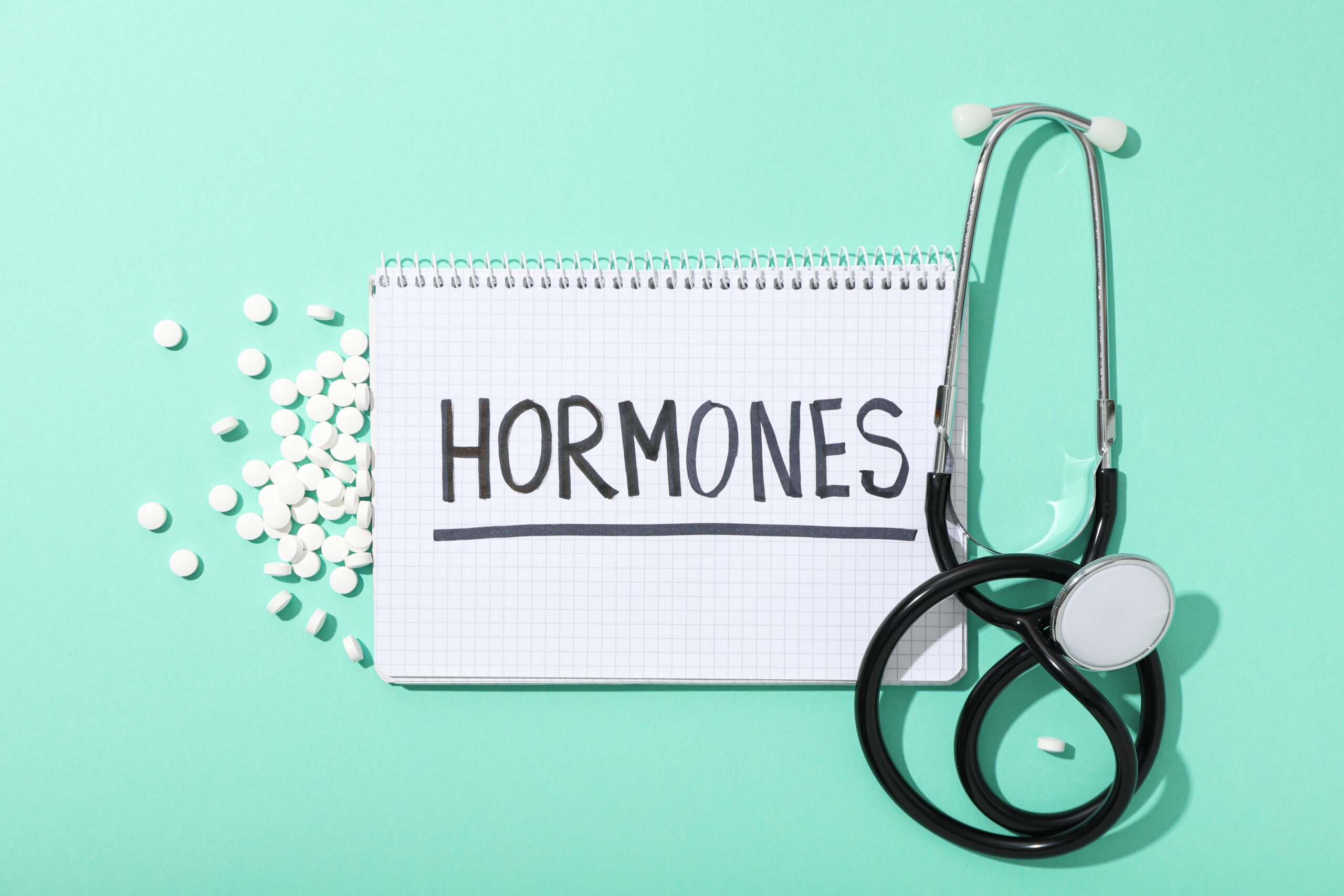When you’ve been trying to conceive for a while, it’s natural to wonder if there’s a more concrete path forward. You might have heard about in-vitro fertilization (IVF) as an option, but is it right for you? Let’s explore what IVF involves, when it might be suitable, and if it’s the solution to your fertility challenges. This isn’t a decision you have to make alone—we’re here to figure it out with you.
First, let’s learn what IVF is. IVF, or in-vitro fertilization, is the most well-known assisted reproductive technologies (ART). IVF involves retrieving eggs, fertilizing them with sperm in a lab, and transferring the embryo into the uterus. For many couples and individuals, IVF has offered a promising chance at parenthood. But it’s important to recognize that IVF is just one of several potential pathways.
IVF isn’t usually the first step in fertility treatment. IVF is recommended when other methods fail or specific conditions hinder natural conception.
Here are a few situations where your doctor might recommend considering IVF:
- Blocked or damaged fallopian tubes prevents the egg and sperm from meeting naturally. IVF bypasses the fallopian tubes entirely, making it a viable option in such cases.
- Male Factor Infertility: When low sperm count or motility is an issue, IVF with ICSI can help. ICSI involves injecting a single sperm directly into the egg, boosting fertilization chances.
- Unexplained Infertility: Sometimes, despite many tests, there isn’t a clear reason why conception hasn’t occurred. In these cases IVF helps address unknown factors with an alternative approach.
- Age-Related Infertility: Women’s fertility declines with age, especially after 35. IVF can be an option if age-related factors are impacting your chances of conceiving.
While
IVF is often successful, it’s important to set realistic expectations. Success rates can vary depending on your age, health, and the specific challenges you face. IVF success rates are about 40-50% per cycle for women under 35 but drop to around 10% for women over 40. Understanding these numbers can help you feel more prepared and aware of what to expect.
But remember, you’re not a statistic. Your journey is different, and while numbers can offer a general guide, your story is yours alone. Failed cycles are tough, but the right support makes a difference.
So, Is IVF the Right Solution for You? Choosing IVF depends on your circumstances, medical history, and emotional readiness. IVF can be demanding, with daily injections, clinic visits, and waiting between stages. It’s okay to take the time to consider your options and to seek support from your doctor, partner, or a counselor. Sometimes, less invasive options like ovulation induction or IUI may be worth trying. And even if IVF is recommended, the decision to move forward with it is deeply personal.
If you do decide that IVF is right for you, knowing what to expect can ease some of the stress. An IVF cycle typically lasts 4-6 weeks, from ovarian stimulation to embryo transfer. The journey can feel long, and the emotional ups and downs are real. A strong support system of family, friends, or groups makes IVF more manageable.
IVF can help overcome fertility challenges, but it’s not a guaranteed solution. What matters most is finding the right path for you, whether through IVF or other options. If you choose this path, we’re here to support you through every twist and turn.
FAQs:
- Are there any risks or side effects associated with IVF?
Some people may experience mild symptoms like bloating, cramping, or mood swings due to hormone medications. A less common but serious condition is ovarian hyperstimulation syndrome (OHSS), where the ovaries enlarge, but owing to recent ovarian stimulation protocols, the rates of OHSS are minimal! Your doctor will monitor you closely to minimize any risks.
- How many IVF cycles should I try before considering other options?
The decision of how many cycles to undergo is personal and depends on factors like your age, medical history, and financial considerations. While some people conceive in their first cycle, others may need more attempts. Many fertility specialists suggest re-evaluating after three cycles to determine if further IVF is advisable or if other options should be explored. It’s okay to take it one step at a time and consult with your doctor throughout the process.
- Does IVF increase the chances of multiple pregnancies?
Yes, IVF can increase the likelihood of multiple pregnancies, such as twins or triplets, especially if more than one embryo is transferred. While many may see this as a positive, multiple pregnancies can carry higher risks for both the mother and babies. Your doctor will discuss the number of embryos to transfer, balancing the desire for a successful pregnancy with the health considerations involved.
- What is the recovery time after an IVF procedure?
The recovery time after an egg retrieval procedure is generally short—most people feel back to normal within a day or two and resume their activities. After the embryo transfer, it’s advised to take it easy, but you can usually resume your normal activities. It’s crucial, however, to avoid strenuous activities and to listen to your body. Your doctor will provide specific recommendations based on your situation.





